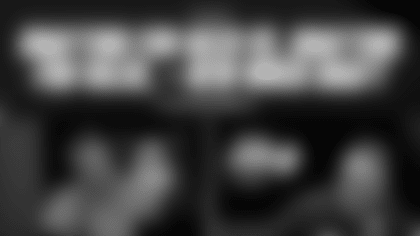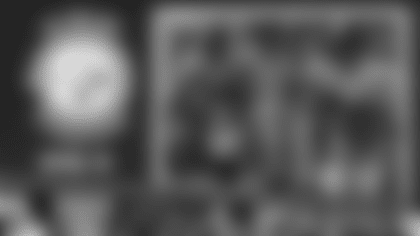**
Q. What have you learned about your team through the first two weeks of this regular season?**
A. That they don't mind a good hard day's work. That's a good place to begin. I can't tell you I know much more than that definitively at this point. I think you can get yourself in trouble trying to paint a picture too soon about what you think you know about a person or a group. What I do know and I do feel comfortable acknowledging is that as a group they don't mind a hard day's work. They work hard and they've worked hard consistently for us on a day to day basis. That's a good thing.
Q. How do you determine how many snaps Le'Veon Bell plays today in his first game back?
A. We're just going to play him. He's highly-conditioned. He is who he is, and we're going to give him an opportunity to display that.
Q. When does a player's workload become something you become aware of and then decide to deal with?
A. I don't look for it. It just has to fall into my lap. I don't micromanage that in a way maybe some of my peers do. I'm trying to win games. I want these guys to be highly conditioned. I expect them to be highly conditioned. When it becomes an issue I believe it just becomes evident, and I deal with it on a case-by-case basis with that understanding. In terms of managing known issues, such as Ben and the number of throws (in training camp) that's just normal protocol. Or Heath Miller, in terms of the number of snaps he gets during the course of a week because he's a veteran guy, that's normal protocol. But things that are fatigue related and things of that nature, I don't micromanage.
Q. How do you know when a rookie is ready to play? Are there tests? Something tangible you go by?
A. Some guys play because you just can't deny them, and sometimes guys play just because of opportunity, and I don't deny that both things exist. It wasn't very long before we realized that Maurkice Pouncey was going to play, and we had a veteran center on the team we had some success with at the time, but it was just obvious that Maurkice Pouncey was ready to play. There have been some instances where some young guys have played because of some short lines and circumstance. That's just the National Football League.
Q. Stacking wins. Bouncing back after a loss. Which of those two things is more of an indication that you have a good team?
A. How you respond to adversity defines you, but you don't get to this level unless that's inside you in some form or fashion. Ultimately in the National Football League, we're defined by how we handle success, our ability to stay singularly focused, our ability to enjoy the process of preparation as you experience success. So for me, it's more important to reveal that, to deal successfully with success, as opposed to bouncing back from failure. All of these guys have shown the capability of bouncing back from failure enough, or else they wouldn't be here.
**
Q. Earlier in the week, you called Aaron Donald and the rest of the Rams defensive line "the engine that drive their defensive car." What did you mean by that?**
A. There's not a lot to be said about Aaron Donald that hasn't already been said. I have the benefit of knowing him a little differently than other people I play against because I've seen his growth and development as a young man into what he is now. He's talented, yes, but his work habits and approach to this business allow him to produce the types of performances we've been seeing from him.
Q. Is it hard to believe Aaron Donald wasn't highly-recruited coming out of Penn Hills High School?
A. A lot of that stuff is measureable-related, and sometimes guys just develop at different rates. We laugh about that all the time in meetings when we talk about four-star and five-star athletes, because some of the most talented players in our room didn't have many stars. Le'Veon Bell was a two-star. Antonio Brown was a two-star. Maurkice Pouncey was a three-star, and I like to throw that in the faces of some of the five-stars who sit in our room.
Q. Will you have to do anything different up front in order to keep that Rams defensive line off Ben?
A. You have to respect those guys. You can't bury your head in the sand and think that you're going to roll the ball out and their impact is not going to be felt. But at the same time, you can't give them too much respect. We have some bullets of our own, and we have to fire them. We have to be cautiously aggressive, and we intend to do that.
Q. Todd Gurley was the first running back picked in the 2015 draft, and he is getting healthier after having knee surgery last November. Do you expect to see a lot of him today?
A. I don't have the answer to that. I haven't seen a single snap of him on tape, and no one has because he hasn't played. If they deem him ready to go, we'll deal with it.
Q. As you said, there is no video available on Gurley. So how do you present him to your team in terms of preparation?
A. I don't. I imagine if he plays, they're not going to run plays that are specifically for him. I imagine it would be the same plays they have been running. I don't have any video of him in a Rams uniform to show, so I've talked very little about the possibilities of him playing. I'm sure our guys know about him and know what he's capable of, but when I get into presentations like that it becomes speculation, and I try to stay away from speculation.
**
The Steelers prepare for the week 3 contest against the St. Louis Rams.
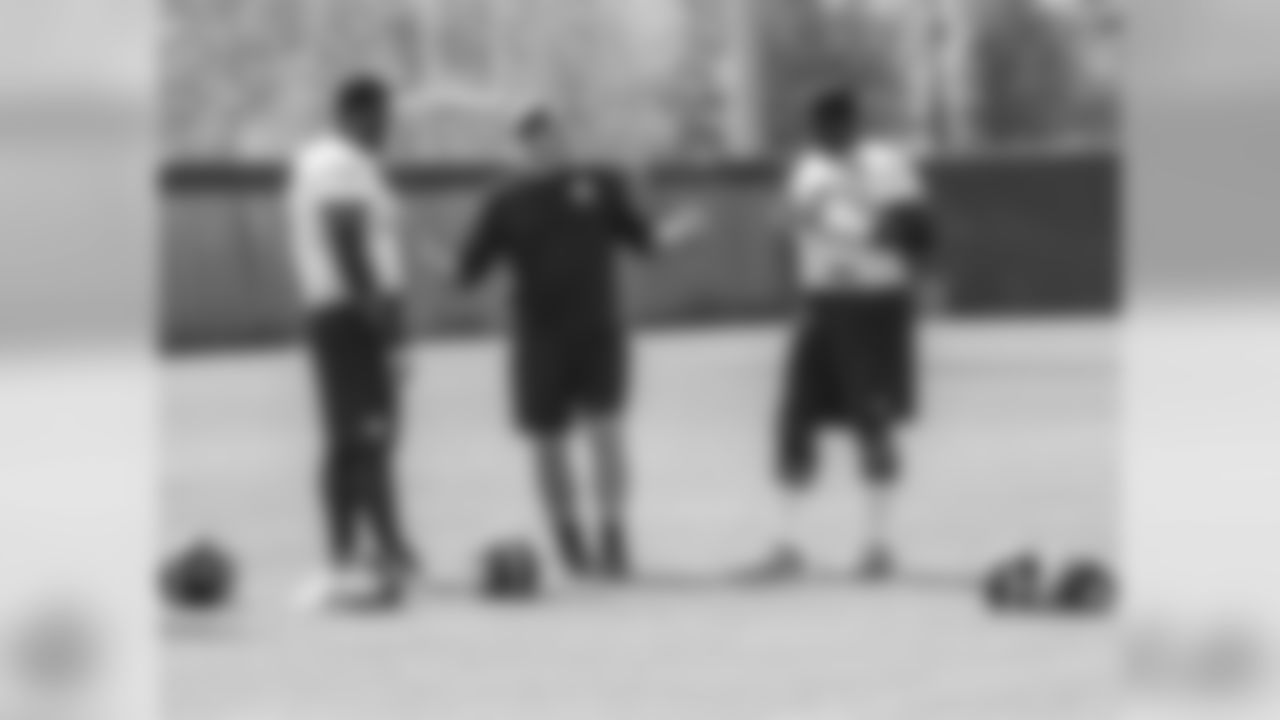
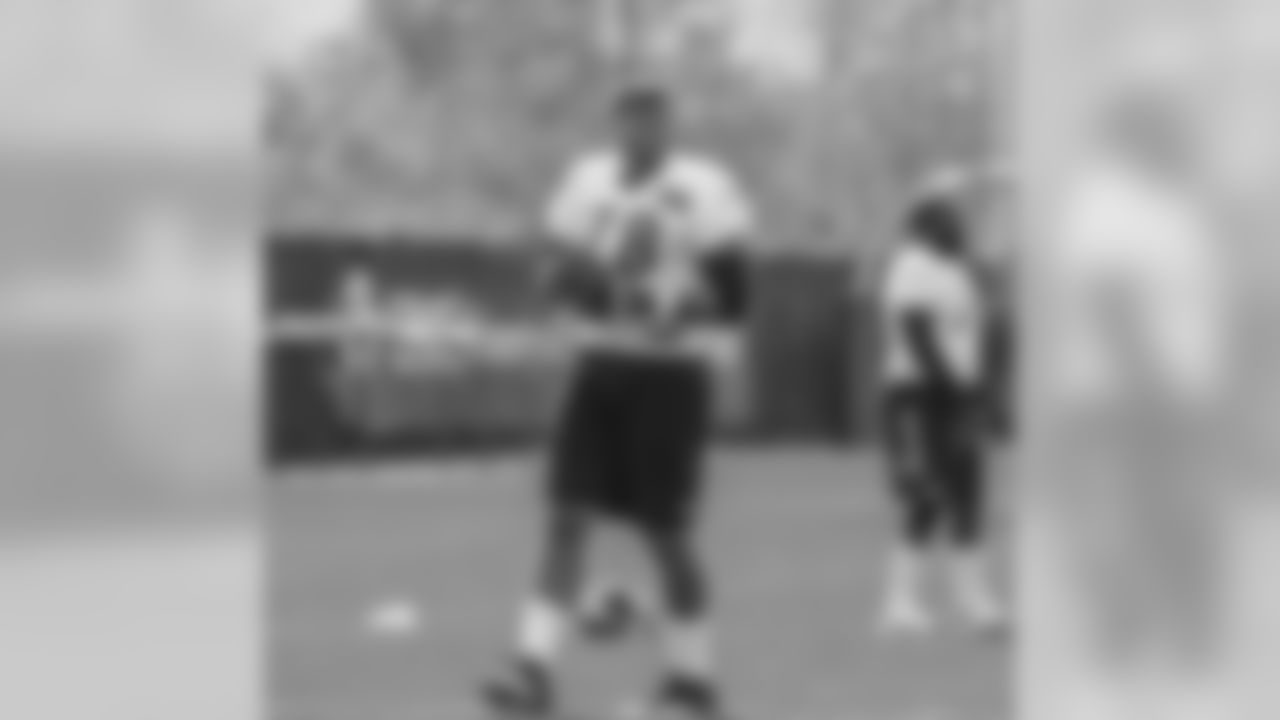


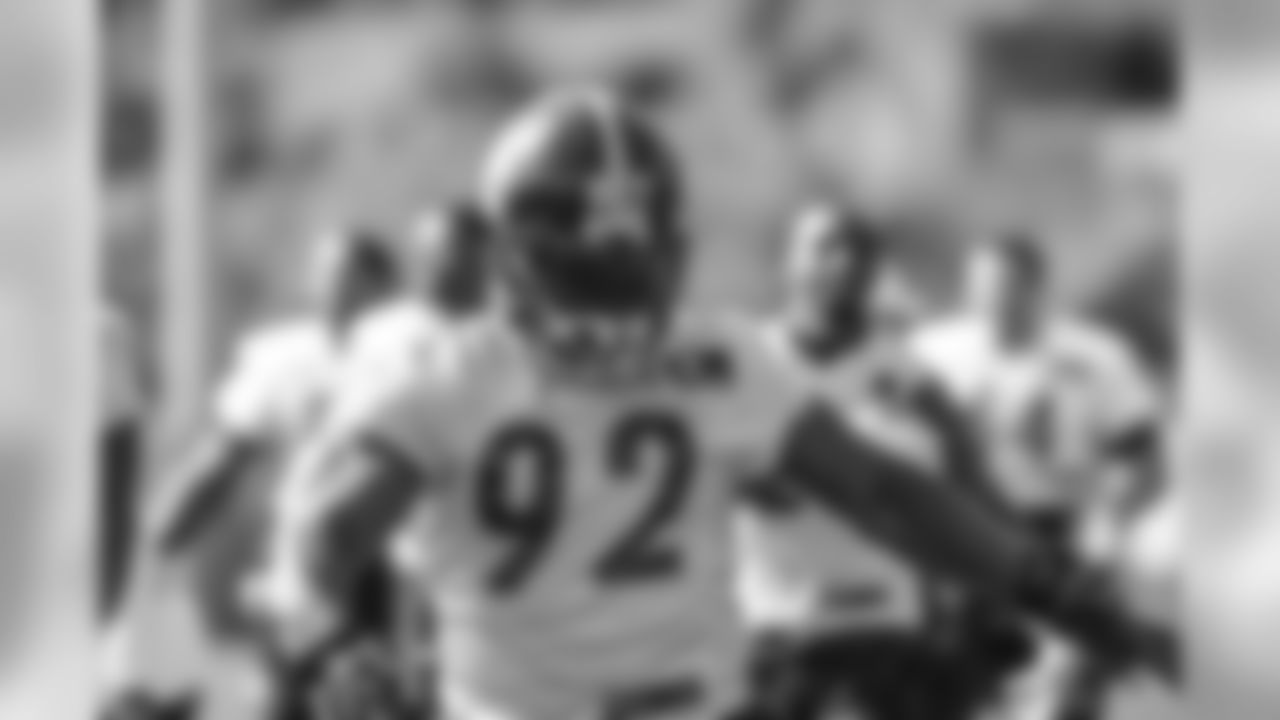
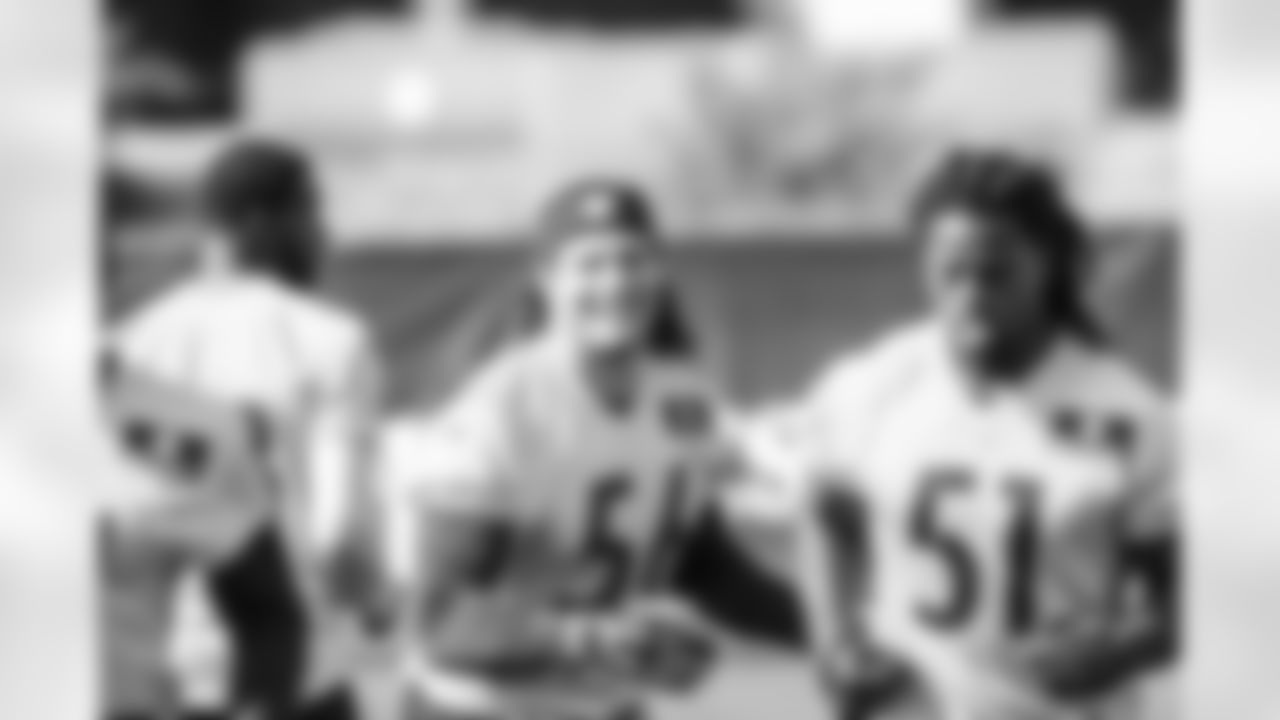
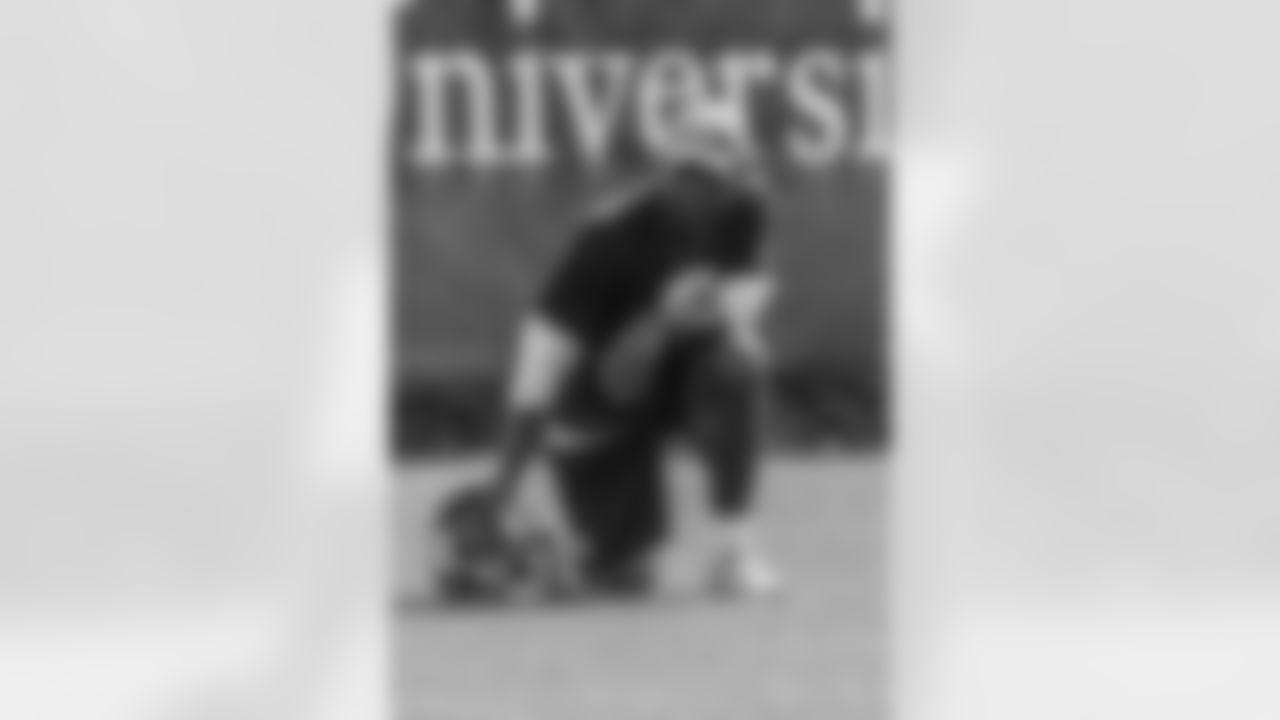
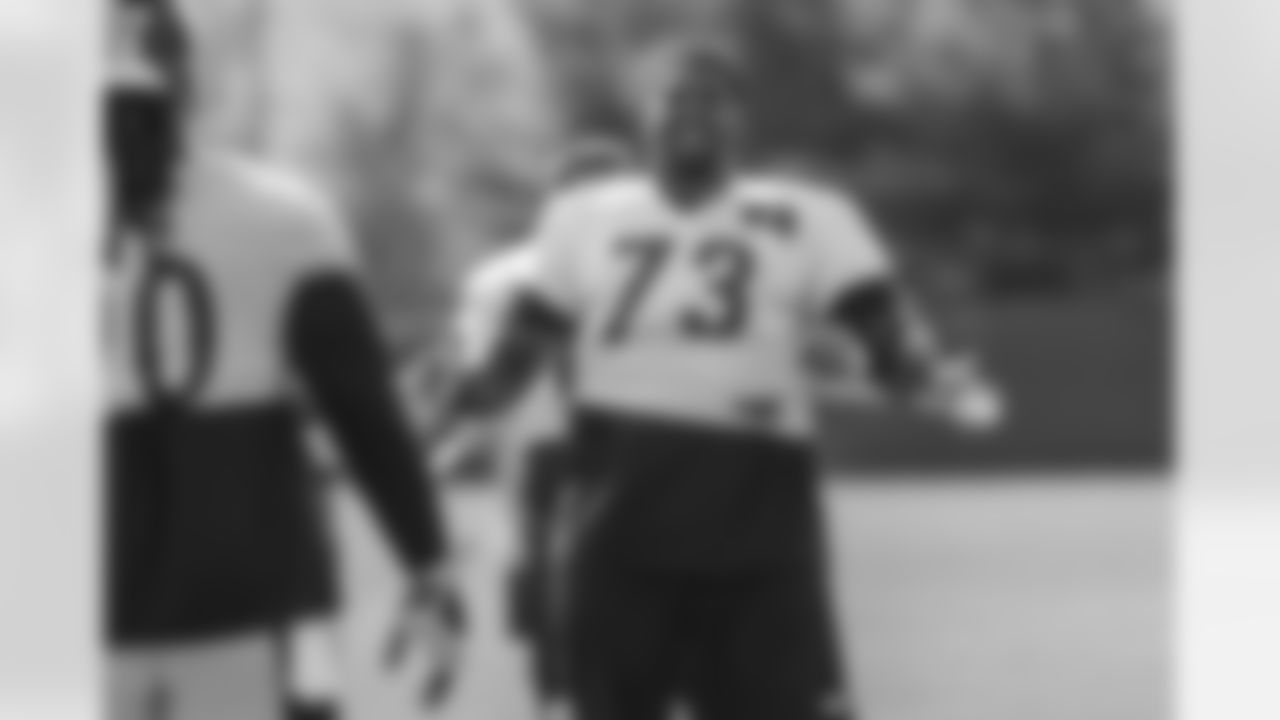
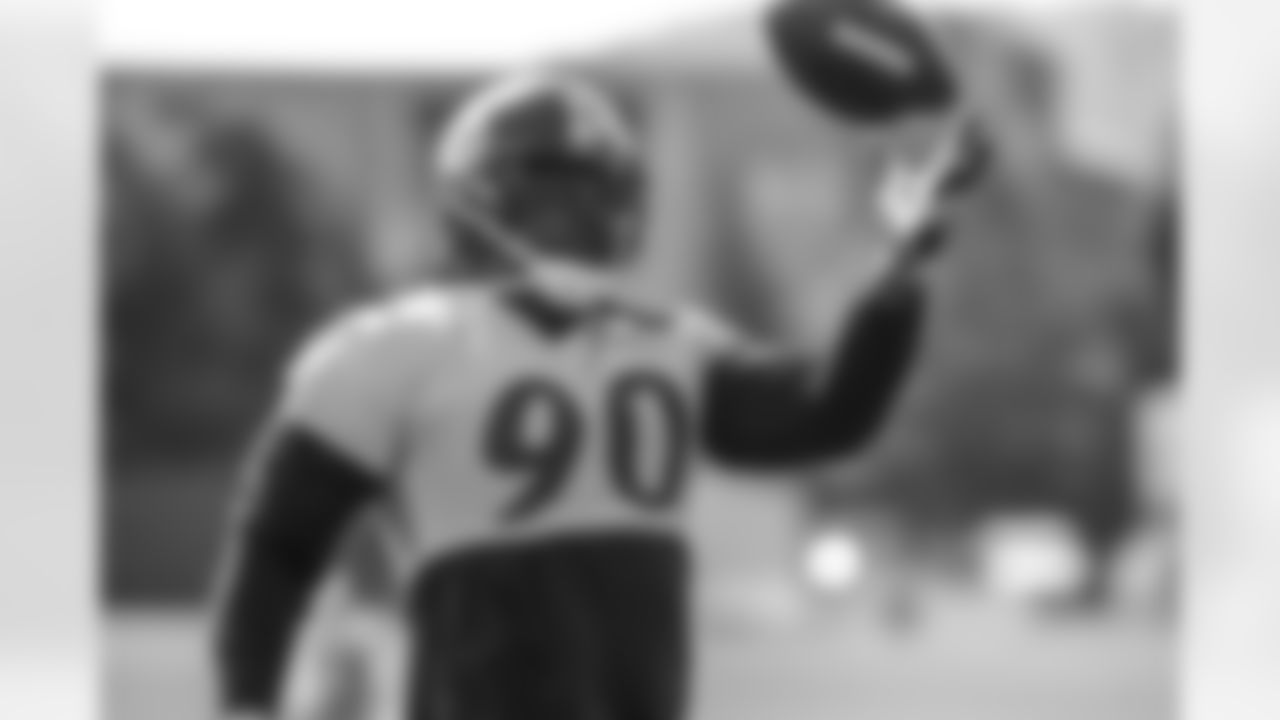
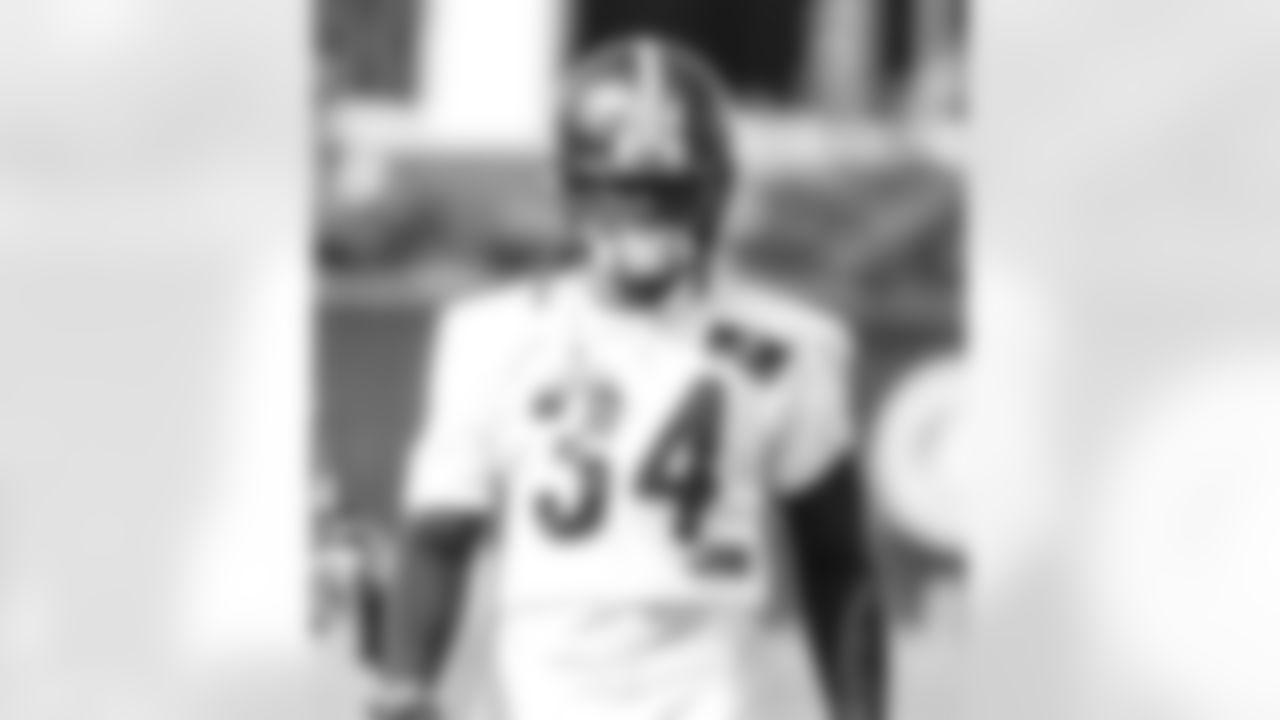
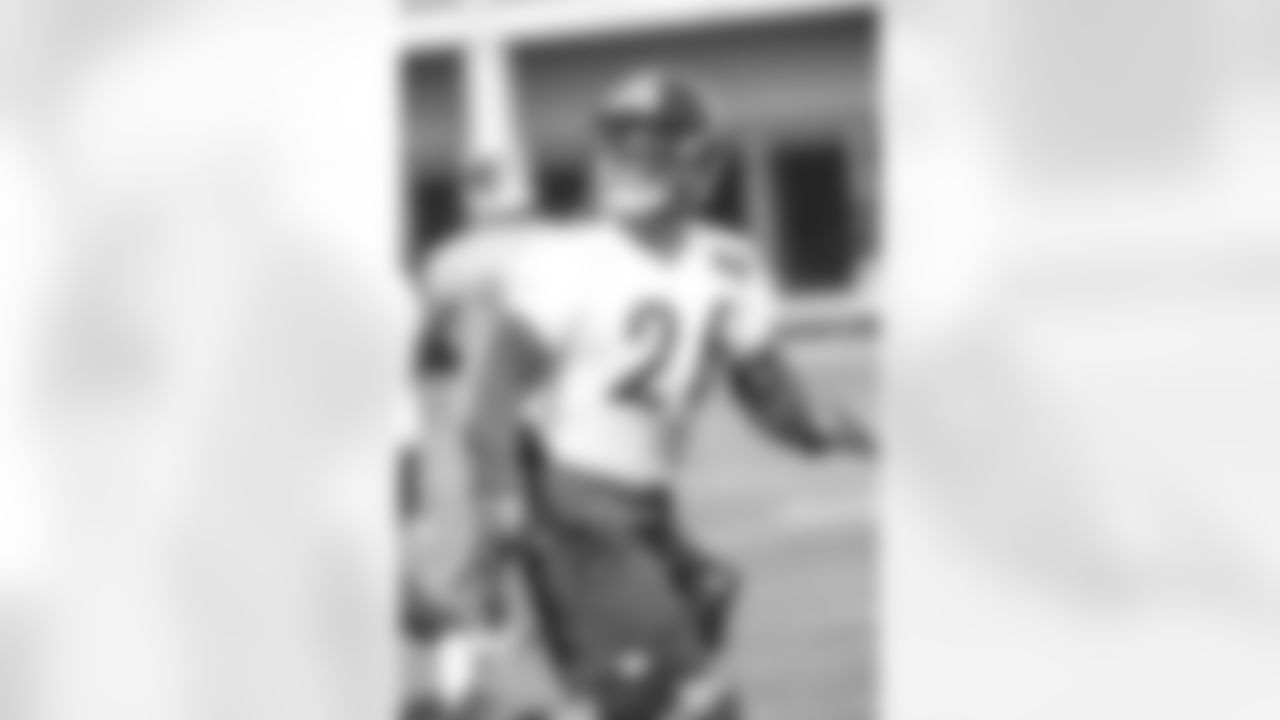
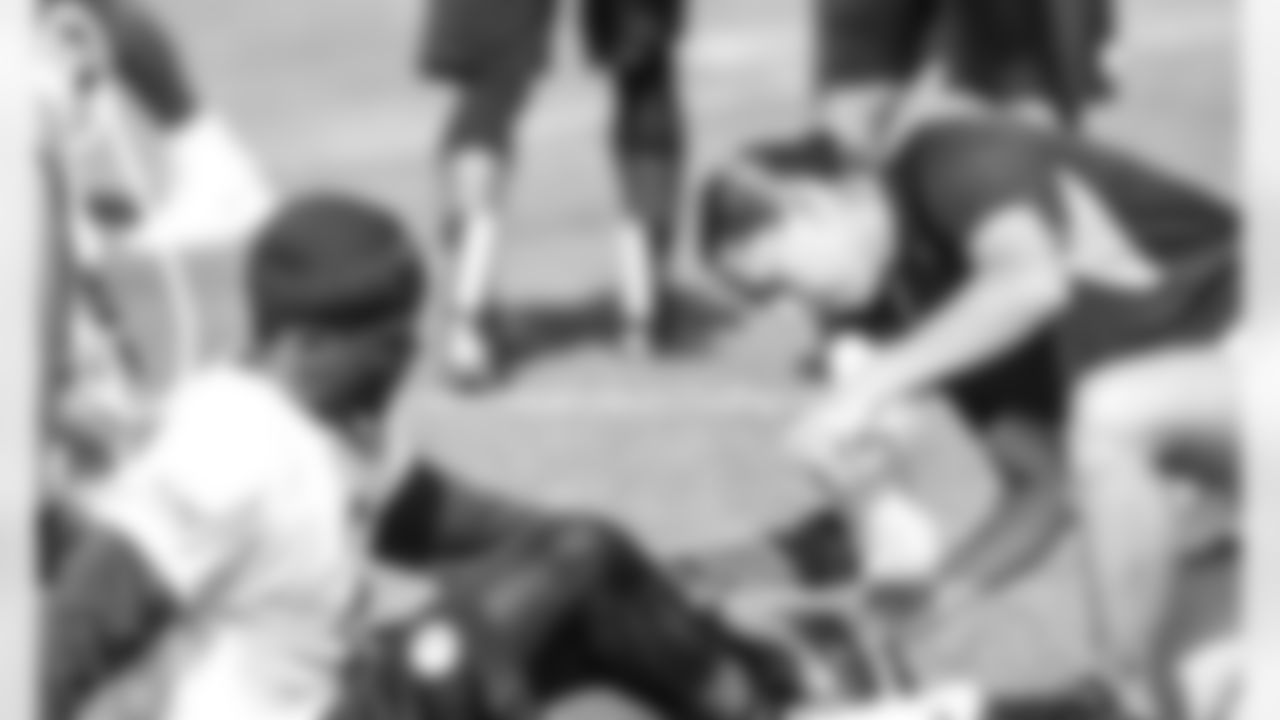
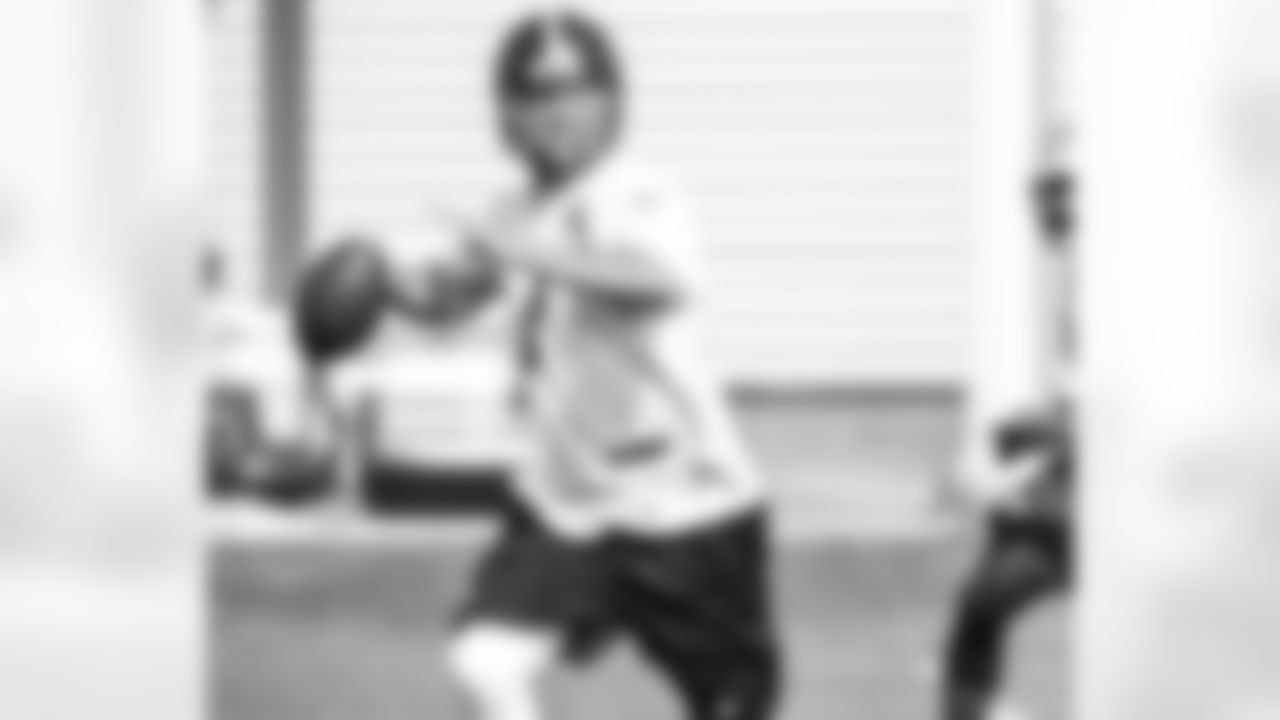
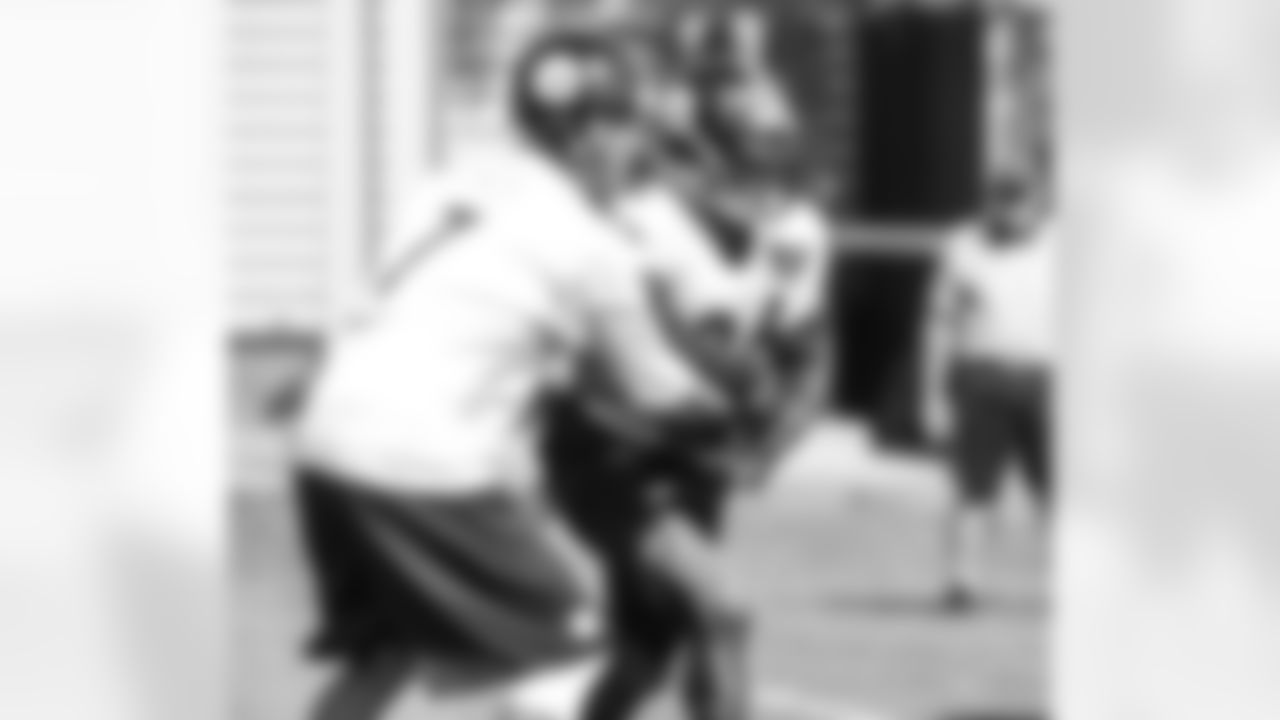
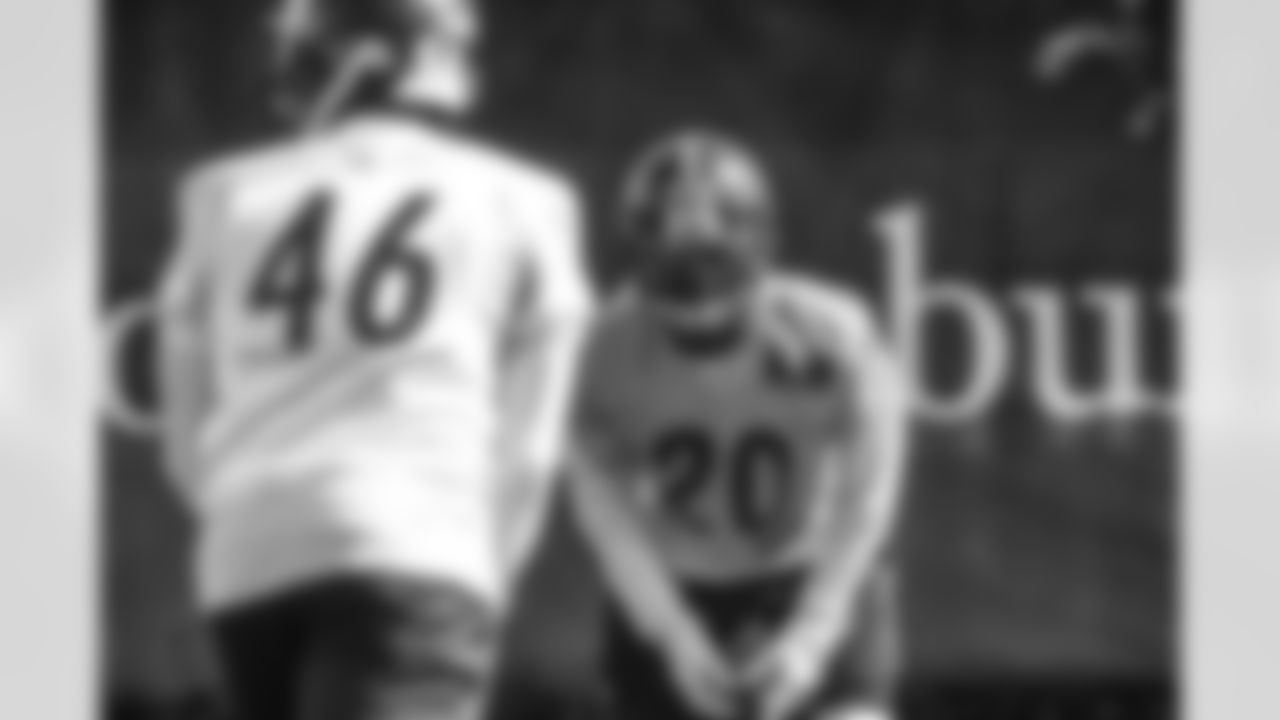
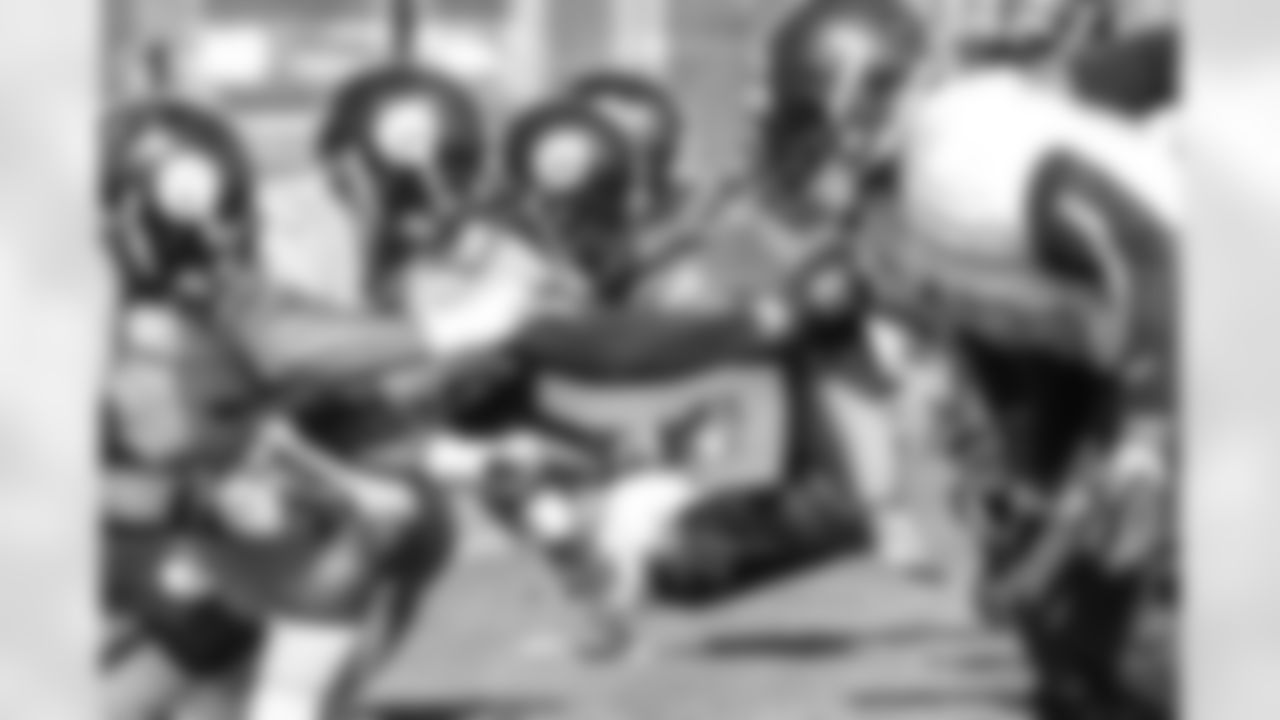
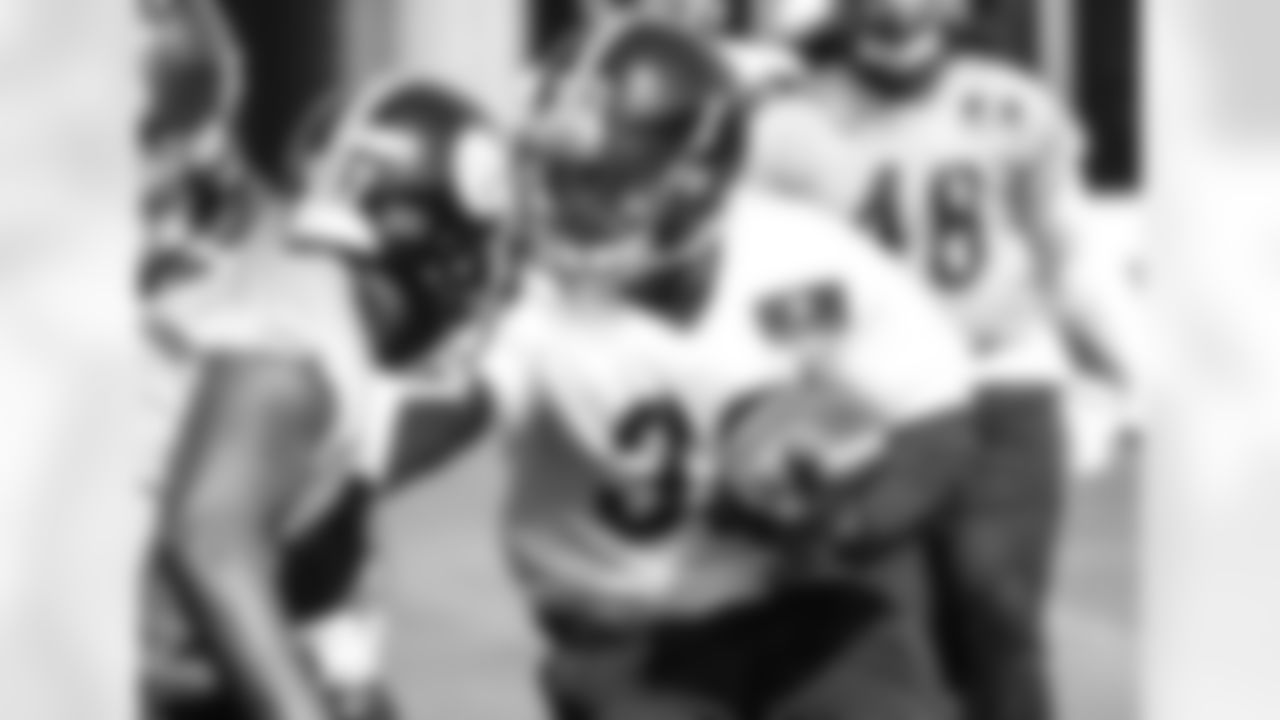
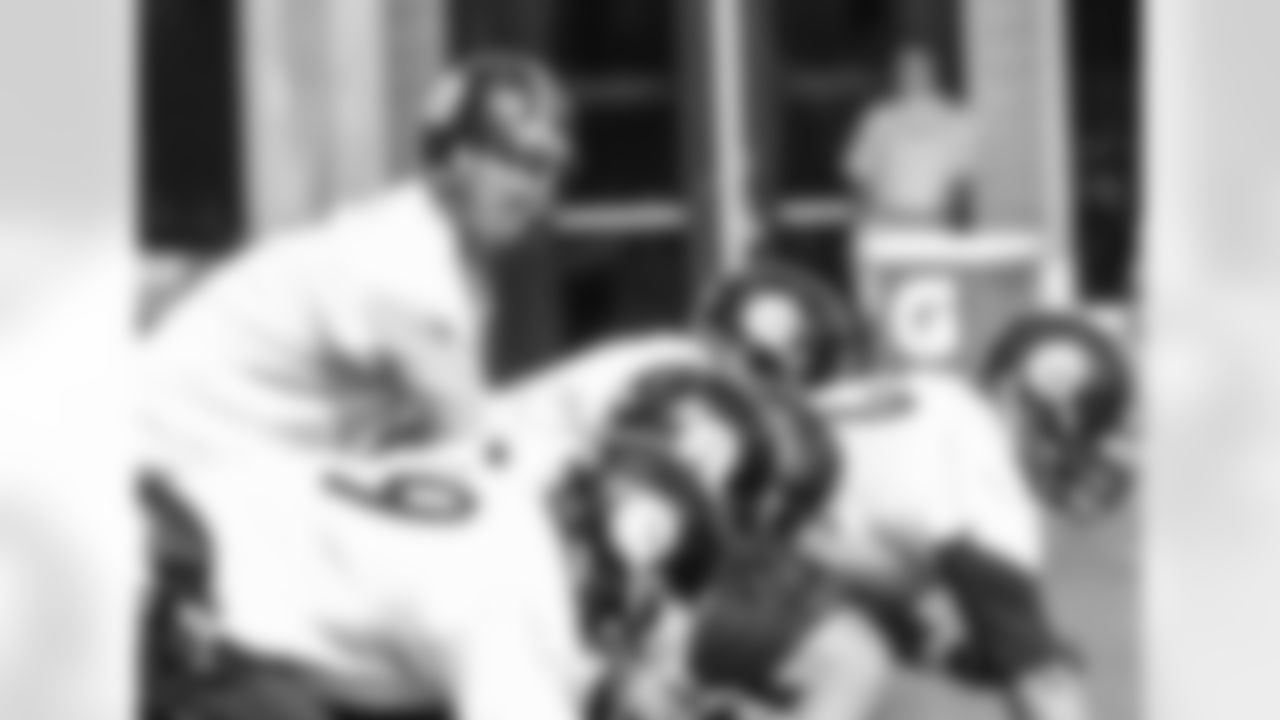
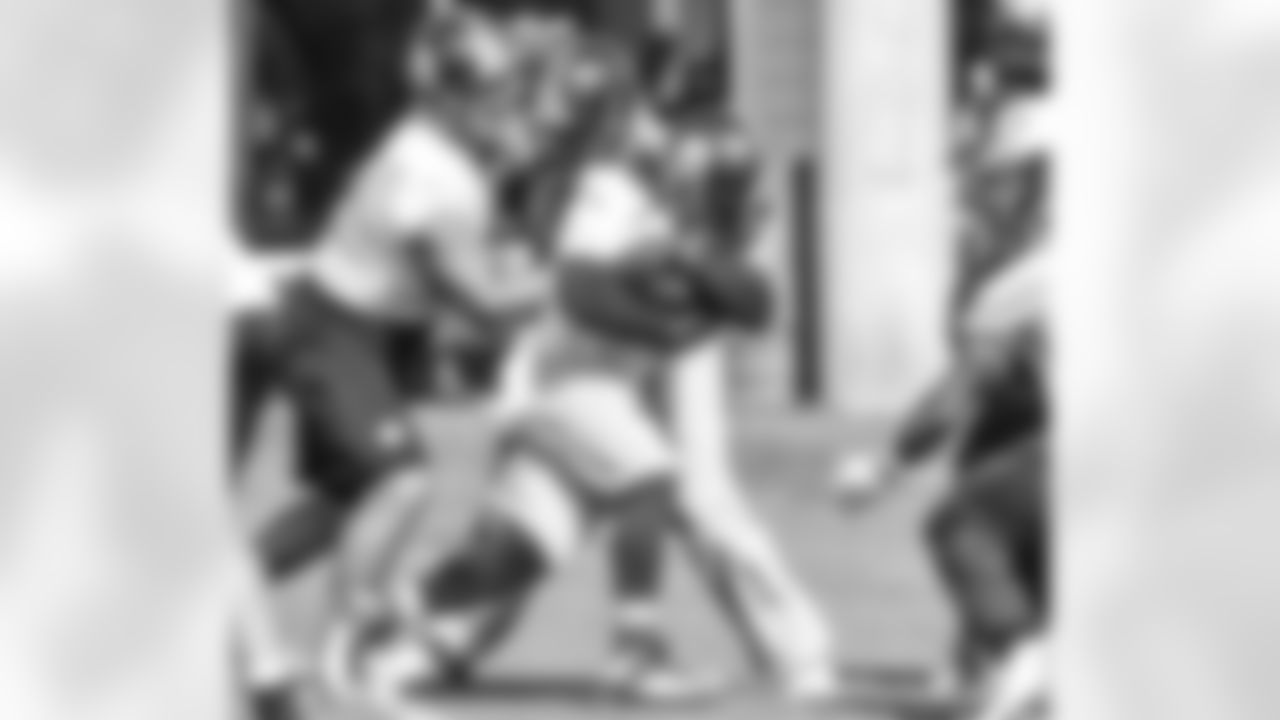
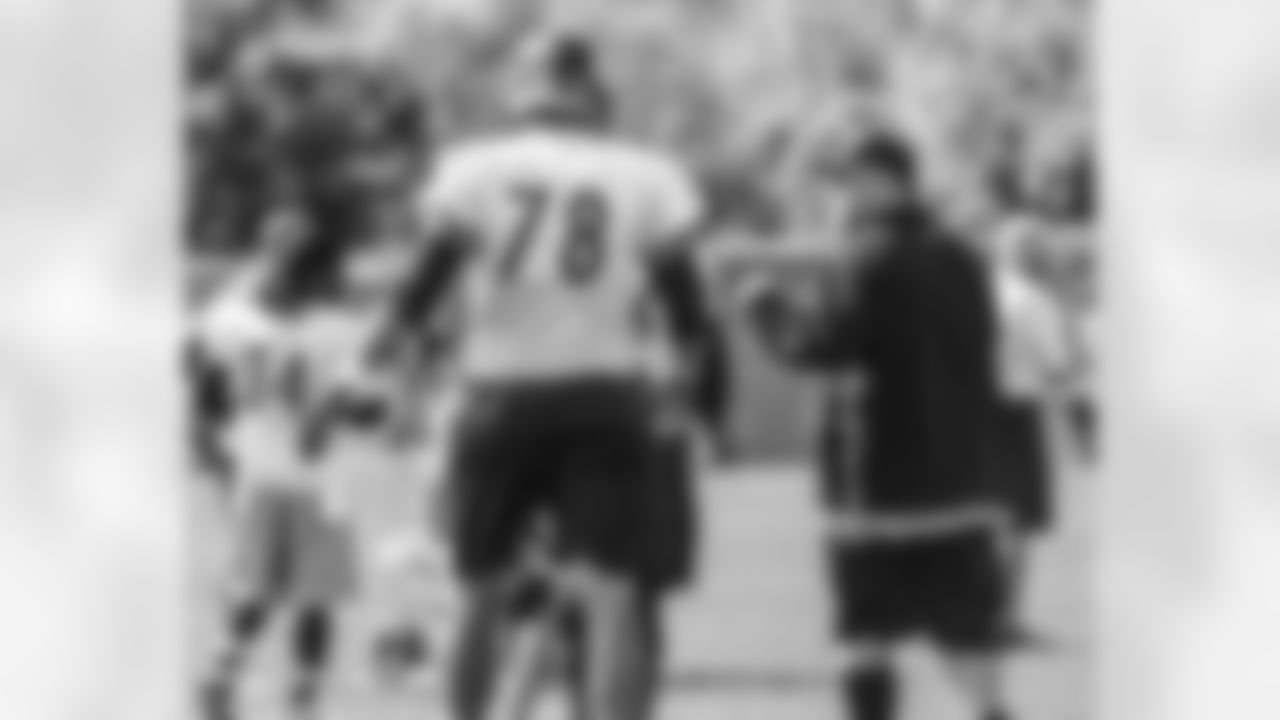
Q. When you were an assistant coach in the NFC, you played many games in the Edward Jones Dome. What makes it such a difficult venue?**
A. It's an electric environment. Their fans are engaged. They built their team to take advantage of that. Back when I was a young assistant, it was the Greatest Show on Turf and they had offensive guys who were tremendous in the environment. They still have some offensive guys who are tremendous in the environment like Tavon Austin, but you really see it on the defensive side of the ball with their high-pedigree front that include a bunch of former first-round picks – Aaron Donald and Robert Quinn and Chris Long and some others.
Q. Would you describe the play of your quarterback against the 49ers as vintage Ben Roethlisberger?
A. I've tried to turn it into a verb in recent years. I call it, Big-Benning. Because that's what he does, and that's what all great players do. They're consistently good, and there's very little variation in performance. Over the last few years, you've seen that in his play.
Q. Was one of the key factors to Roethlisberger's performance against the 49ers the fact that he wasn't sacked?
A. As I've said in the past when it's negative I'll also say it when it's positive: it's an 11-man job in terms of the protection of the quarterback. The line did a tremendous job, the backs did a great job, Ben did a great job, and the receivers did a great job of getting open and getting open quickly.
**
Q. With Ryan Shazier out this week with a shoulder injury following a game in which he had 15 tackles, who gets those snaps?**
A. We're going to split those snaps between Sean Spence and Vince Williams. Both are capable guys. Both have played a lot for us over the past few years. We have a great deal of confidence in both.



